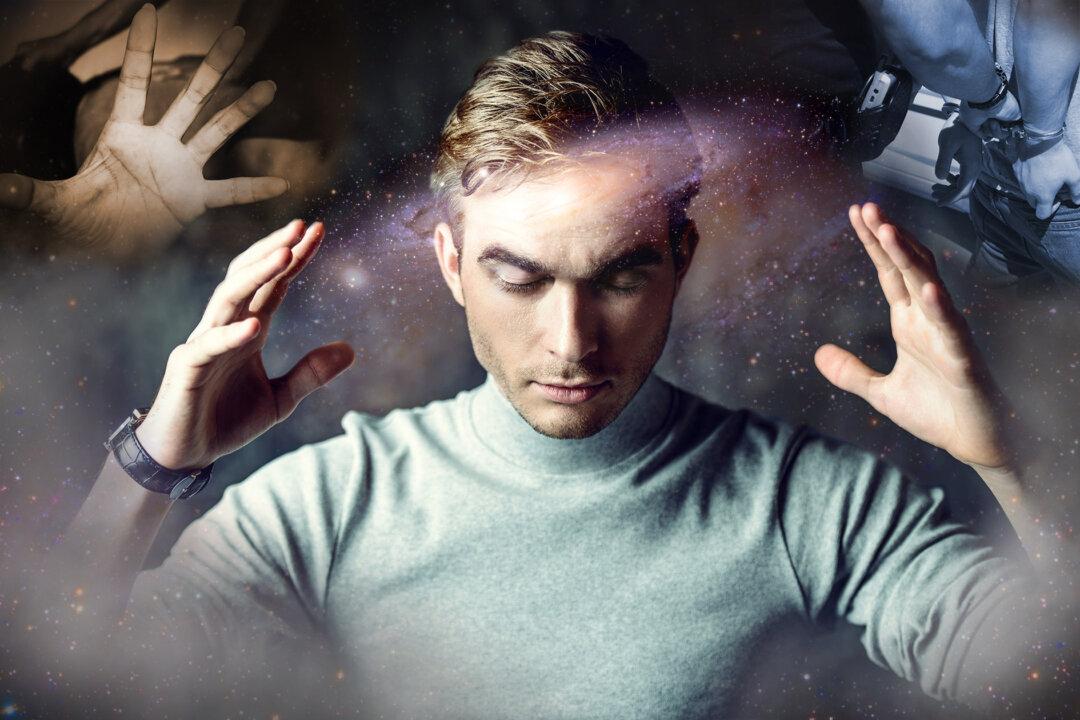The paranormal has its place in American courtrooms, in police stations, and even in business strategies.
Lawyers sometimes use psychics to select favorable juries, for example, or may consider supernatural phenomena in their clients’ defense. Proprietors of supposedly haunted historic sites, restaurants, and other venues weigh how their ghosts factor into business plans.






